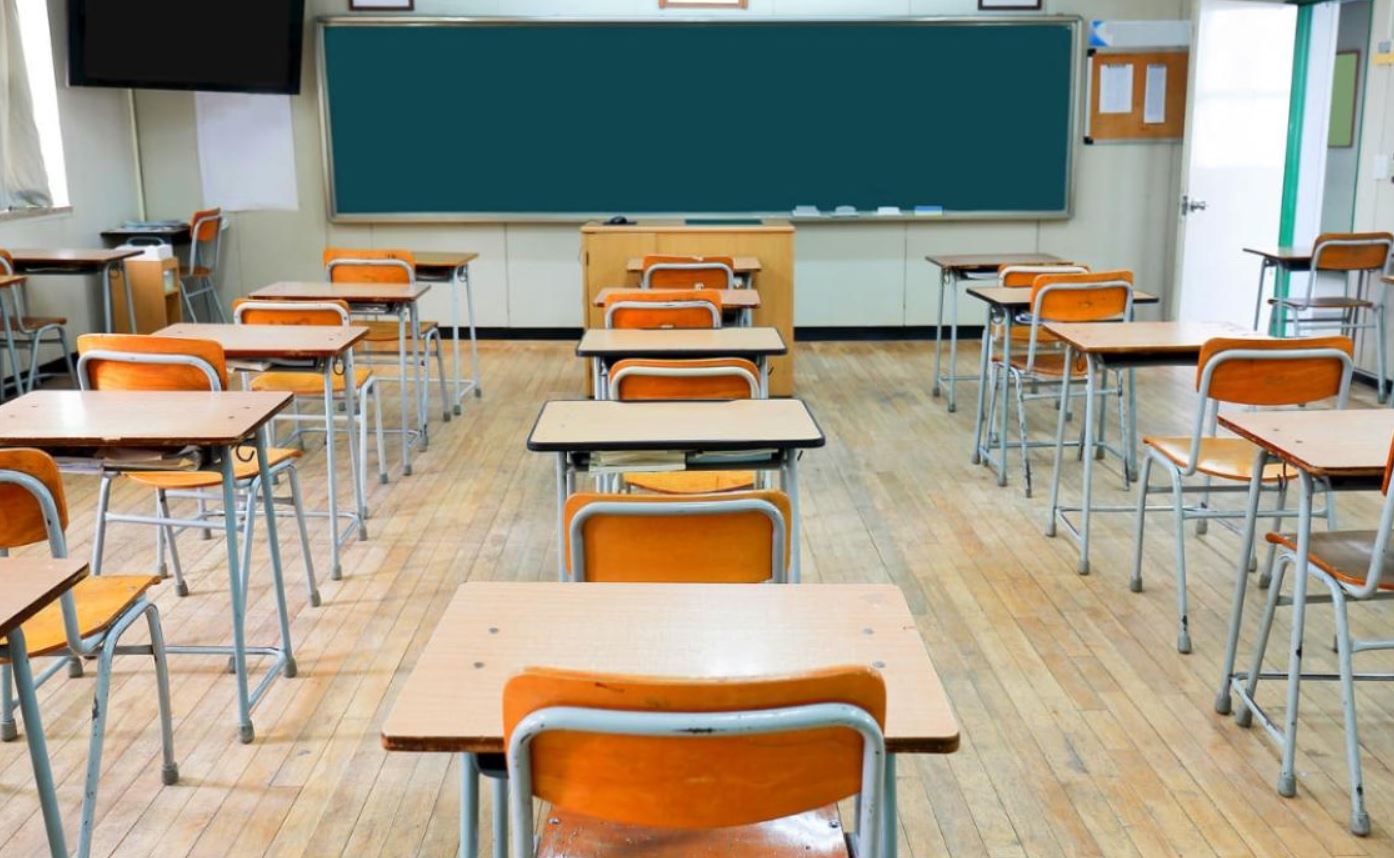Educational pluralism

Contemporary societies are faced with increasingly pressing challenges to ensure educational pluralism, as an essential assumption for a truly inclusive society.
Educational pluralism can be declined as the freedom to choose the education that best fits the ideological and religious convictions of parents and children, or as objective and pluralistic education, free from any kind of indoctrination or ideological conditioning.
An important contribution to the solution of the many questions regarding the interpretation and implementation of the internal regulatory framework on this subject comes from the supranational Courts, even if the supranational discipline leaves a wide margin of discretion to the States in matters of education.
Thus, with reference to pluralism in school supply, both in the ECHR and in the European Union the choice of allowing or not the provision of public contributions to private schools is left to the States. In fact, on the one hand, the approach of the Strasbourg Court is very cautious and reflects the willingness, clearly expressed by most of the state-parties, not to commit themselves to financial support private schools, by virtue of their adhesion to art. 2 of the first additional protocol to the ECHR. On the other hand, the Court of Justice of the European Union carries out an interpretative activity that is strongly influenced by the reference legislation which, in the specific field of education, can only be of coordination, completion and support of the national discipline. Although many EU interventions are aimed at fostering pluralistic and inclusive education, the approach followed by the Court of Justice is always conditioned by the norm allegedly violated by the Member States and, therefore, in relation to areas in which the Union exercises effective regulatory competence.
With reference to pluralism in schools, the anchorage of the European Court of Human Rights to the negative parameter of indoctrination provides important directives to the States in the search for a balance between the right to education and freedom of conscience. Indeed, the Strasbourg jurisprudence has always affirmed educational pluralism as a bulwark of democracy and it has fostered the right to an education provided in an objective and pluralistic manner. For its part, the Court of Justice of the European Union plays only an indirect role in the development of an inclusive and pluralistic school, in accordance with the Union's competence to support the Member States in the field of education.
We report the most relevant case law of supranational and domestic Courts on the subject, as well as some contributions that explore the dialectic of ideological pluralism and its effectiveness in schools, with particular attention to the role and influence of religiously oriented or non-religiously oriented educational institutions.
(Focus by Nadia Sima Spadaro)
Essential bibliography:
C. Acocella, La scuola nella Costituzione italiana: diritti, funzioni e servizi. Riflessioni a partire da un recente volume di Roberta Calvano, in Rivista AIC, 2, 2020, 465
N. Bhuta, Two Concepts of Religious Freedom in the European Court of Human Rights, in EUI Working Papers LAW, No. 2012/33, 9
P. Cavana, L’insegnamento religioso nella scuola pubblica italiana: una tradizione da rinnovare, in Stato, Chiese e pluralismo confessionale, 25, 2016, 14
N. Colaianni, Il crocifisso in giro per l’Europa: da Roma a Strasburgo (e ritorno), in Stato, Chiese e pluralismo confessionale, November 2010, 18
F. Di Prima, M. Dell’Oglio, Le attività di culto nella scuola pubblica, tra laicità,“libertas Ecclesiae” e libertà religiosa collettiva, in Stato, Chiese e pluralismo confessionale, 38, 2016, 14
A. Licastro, A. Ruggeri, Diritto concordatario versus diritto eurounitario: a chi spetta la primauté? (a margine della pronunzia della Corte di Giustizia del 27 giugno 2017, C-74/16, in tema di agevolazioni fiscali per le “attività economiche” della Chiesa), in Stato, Chiese e pluralismo confessionale, 26, 2017, 16
G. Lombardi, La libertà della scuola nel quadro della Costituzione Italiana, in Riv. Giur. Scuola, 1964, 624
A. Madera, More than a playground dispute: il caso Trinity Lutheran Church v. Pauley e le nuove traiettorie interpretative dell’Establishment Clause, in Stato, Chiese e pluralismo confessionale, 23, 2017, 18
M. Madonna, L’insegnamento della religione cattolica nelle scuole pubbliche tra amministrazione ecclesiastica e pubblici poteri. Brevi note sullo status dei docenti, in Stato, Chiese e pluralismo confessionale, January 30, 2012
M. Madonna, Lo status giuridico degli insegnanti di religione cattolica tra diritto della chiesa e ordinamento dello Stato, Tricase, 2018
N. Marchei, La libertà religiosa nella giurisprudenza delle Corti Europee, in Stato, Chiese e pluralismo confessionale, 33, 2019, 53
A. Perego, Scuole confessionali ed esenzioni tributarie: gli aiuti di Stato alle imprese scolastiche nella giurisprudenza dell’Unione Europea, in Il diritto ecclesiastico, CXXVIII, 1-2/January-June 2017, 404
U. Pototschnig, Insegnamento istruzione scuola, in Giur. Cost., VI, 1961, 351
G. Puppinck, Il caso Lautsi contro l’Italia, in Stato, Chiese e pluralismo confessionale, February 13, 2012
N. Spadaro, La sfida del pluralismo educativo nella prospettiva sovranazionale ed interna, in Stato, Chiese e pluralismo confessionale, 6, 2021

